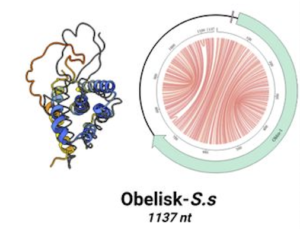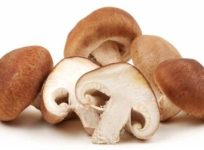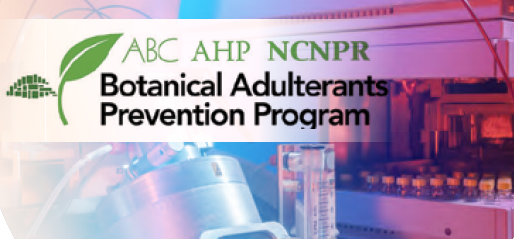
Intentional adulteration of herbs is not a novel threat in the dietary supplement world, but it’s showing up in new ways amid the coronavirus pandemic.
In response, the industry is intensifying its efforts to detect, reject, and destroy adulterated raw materials.
The US Pharmacopeia defines Economically Motivated Adulteration as: “The fraudulent addition of non-authentic substances or removal or replacement of authentic substances without the purchaser’s knowledge for economic gain of the seller.”
The problem is as old as commerce itself. Dioscorides, Pliny the Elder, Galen and other medical authors of antiquity described alteration of medically valuable herbs over 2000 years ago.
Today, with public demand for immune support products at an all-time high, and disruption of international supply chains leading to raw materials shortages, the potential for fraud has grown.

“History teaches that high-value ingredients are at most risk of economic adulteration during periods of supply chain shortages and/or sudden demand increases,” said Michael D. Levin, a supplement industry consultant.
Cleaning Up the Supply Chain
Levin is an advisor to the Botanical Adulterants Prevention Program (BAPP), a collaboration between the American Botanical Council (ABC), American Herbal Pharmacopoeia (AHP), and the University of Mississippi’s National Center for Natural Products Research (NCNPR).
BAPP tracks herbal adulteration, and sounds alarms when new incidents are identified. Last year, BAPP launched an industry-wide self-policing initiative called, “Burn It, Don’t Return It” that puts direct economic pressure on raw materials suppliers to improve quality and eliminate adulteration.
Launched last October with support from major industry trade groups, the program outlines contract terms and standard operating procedures (SOPs) to be used by supplement brands in their raw materials purchasing agreements.
The terms stipulate that if a manufacturer’s quality assurance officers detect “irreparably defective” raw materials—contaminants, adulterants, or substitutions that cannot be removed or lawfully rectified— those materials are to be destroyed at the supplier’s expense.
Gingko powder containing plants other than Ginkgo biloba, or St. John’s Wort extract containing Red Dye #2, are two simple examples.
“History teaches that high-value ingredients are at most risk of economic adulteration during periods of supply chain shortages and/or sudden demand increases.”
—Michael D. Levin, Health Business Strategie
Levin says “Burn It,” which is still in early stages of implementation, fills a big hole in the FDA’s regulations: the current FDA Good Manufacturing Practice (GMP) guidelines do not outline procedures for how supplement companies should handle irreparably defective ingredients. In too many cases, they simply return the rejected materials to the suppliers, who then re-sell them elsewhere.
New Standards

Mark Blumenthal, founder and director of the American Botanical Council, which sponsors the BAPP program, hopes BAPP’s forthcoming finalized contract and SOPs will aid the herbal industry in solving the perennial issue of adulteration. “We’re empowering companies to take control of this part of the supply chain, to take defective material out of it.”
Levin believes the model “will become a widely adopted industry standard within two years.” He also foresees GMP certification programs eventually adopting the BAPP’s approach “as a GMP standard.”
A BAPP memo published in early April warned member companies to be watchful for pandemic-induced adulteration.
In the wake of COVID, elderberry is among the herbs most vulnerable to counterfeiting. Blumenthal says there is not yet any international scientific literature addressing elderberry adulteration. But BAPP has consulted with at least one reputable maker of elderberry products that has identified fraudulent materials in products tested in independent 3rd party labs.
BAPP is currently drafting a bulletin on elderberry adulteration to educate consumers, health professionals, and industry members.
Vexations in Vetting
Supplement companies have responded to the adulteration challenge by ramping up ingredient analysis.

Elan Sudberg, CEO of Alkemist Labs, reports “an uptick in testing, specifically the immune system boosting herbs, which are selling like hot cakes these days.”
If the pandemic continues into next year, “the supply chain will continue to be strained, while demand will continue to be high. All the tricks unscrupulous venders may use, from plant substitution, to providing the wrong plant part, to spiking for higher potency, will be in play, which is why testing plants at a lab that knows botanicals inside and out is crucial,” he urged.
“Because in-person audits have all but subsided, testing ingredients with a third-party lab is more critical than ever.”
–Elan Sudberg, Alkemist Labs
After COVID hit, Alkemist received requests to analyze “a lot of duplicate samples, meaning our clients were acquiring samples and testing them as part of their process of determining what new vendor they could possibly buy key ingredients from,” Sudberg said.
“Ordinarily, that may have involved a long plane flight to countries that now won’t let Americans in, so the usual vetting process isn’t an option right now.”
In addition to doctored ingredients, some raw materials suppliers are issuing dubious Certificates of Analysis (C of A’s) –basically bogus lab reports—in their marketing materials. They simply copy legitimate reports from reputable labs like Alkemist or DNA4, and post them in C of A’s for batches of herbs the labs have never tested.
FDA Enforcement Curtailed
Part of the problem is that the pandemic has significantly curtailed the FDA’s on-the-ground enforcement.
“FDA publicly stated early on that they will be unlikely to perform onsite audits for a while,” Sudberg says. The lack of oversight opens the door to more fraud. “When there are no police monitoring stop signs, people stop stopping as much. When the likelihood of adulteration being spotted by regulatory agencies goes down, the need for brands to be even more vigilant goes up.”
“We’re empowering companies to take control of this part of the supply chain, to take defective material out of it.”
Mark Blumenthal, Executive Director, American Botanical Council
“Because in-person audits have all but subsided, testing your ingredients with a third-party lab is more critical than ever,” Sudberg stressed. Based on the sustained high volume of testing at Alkemist in recent weeks, he believes the industry as a whole is taking this seriously. “Testing is still up, which likely means more vendor qualification is happening.”
The spotlight has been on elderberry lately, but a number of other popular botanicals are also at risk of economically motivated adulteration:
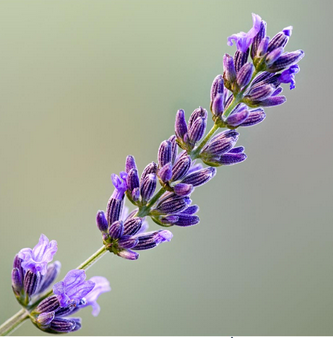
Lavender: Adulteration of lavender oil can occur in several ways, says ABC. Some products are mixed with oils from other similar plants like spike lavender; others contain synthetic components whose odor and chemistry resemble genuine lavender oil. Still others include the “undeclared admixture of non-volatile solvents such as glycols, benzyl benzoate, benzyl salicylate, triethyl citrate, or vegetable oils such as coconut oil.” BAPP recently issued a bulletin on English lavender (Lavandula angustifolia), the latest in its ongoing series of peer-reviewed publications on botanical adulteration.
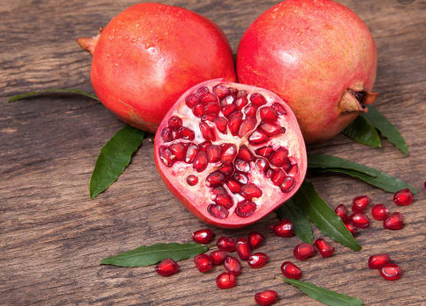
Pomegranate: is naturally high in ellagic acid. Dishonest products may contain ellagic acid from other less expensive sources like wood pulp. This raises the concentration of this key chemical constituent, but it creates a false sense of value, especially because the additive is not disclosed.
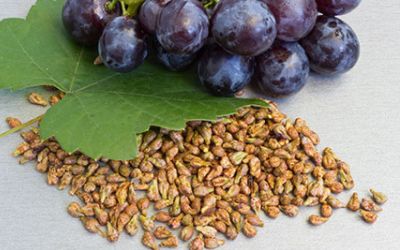
Grape seed extract (GSE): is a natural byproduct from the wine and juice industries. BAPP has identified GSE adulterated with peanut skin extract, which Blumethal says originates largely from China. Peanut skin extract, a byproduct of the peanut industry, is less expensive and available at a much greater volume than actual GSE.
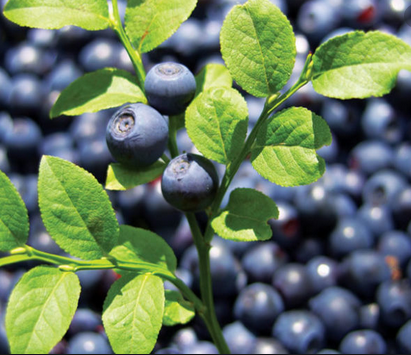
Bilberry: is often adulterated with dark anthocyanidin pigments from other cheaper berries, soybean or rice hulls. Some sellers create adulterated products so sophisticated they can pass through laboratory testing undetected.
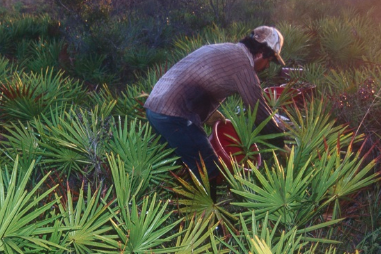
Saw Palmetto: Extracts from the saw palmetto, a type of palm tree, are common in natural treatments for urinary and prostate disorders. Saw palmetto extract (SPE) may be substituted or blended with lower-cost vegetable oils, especially palm oils, to achieve a similar fatty acid profile. It was the subject of, “one of the most egregious cases” of botanical adulteration, says Blumenthal.
Two years ago, BAPP broke the news of a Chinese saw palmetto supplier that obtained sheep, cow, chicken and pork-derived fat from a slaughterhouse and used it to adulterate SPE. The animal fatty acids were isolated and recombined to match fatty acid ratios indicated in the US Pharmacopeia (USP) for saw palmetto. The mixture was so chemically sophisticated that high-performance liquid chromatography (HPLC), the widely utilized analytical method, couldn’t detect the animal-based compounds.
Mint Oil: In one of BAPP’s most recent victories, natural products manufacturer NOW Foods, owner of the Protocol for Life Balance practitioner brand, rejected and destroyed a shipment of mint oil from India after determining it was adulterated with safflower oil.
Unethical? Yes. Dangerous? No.
The good news is that so far, BAPP has “found very few examples where the adulteration we’ve uncovered has any real safety concerns. Even though deplorable, even though morally objectionable––very few (of these cases) have safety implications.”
There are, however, exceptions. Consider skullcap (Scutellaria lateriflora) adulterated with germander (Teucrium chamaedrys): the two herbs look alike, but germander contains hepatotoxic compounds while skullcap does not. When the one is substituted for the other—whether accidentally or intentionally—there’s a potential for liver damage.
Most botanical adulteration is not accidental or due to human error. It is an intentional and deliberate attempt to cut costs, enhance a product’s activity or increase its value.
Sudberg recommends that clinicians “use or sell only brands that offer as much transparency as possible, and have a demonstrated and verifiable commitment to quality. Asking about their sourcing and testing practices is always a good idea, but now it’s essential.”
END


